Petrochemicals Biobased Enzymes 13-05-2020 - Arhive
Petrochemicals Biobased Enzymes
Crude Oil Prices Trend

-Contract prices of phenol in Europe in May rose by EUR55 per ton
Contract prices for phenol on the European market in May rose by EUR55 per ton amid rising prices for benzene raw materials, which led to a partial recovery in prices after a record decline in April, ICIS reports.
May prices were agreed at EUR1 005-1 030 per tonne, FD NWE (north-west Europe), while the May price of benzene rose by EUR55 per tonne compared with the April record low.
Contract prices for phenol in Europe were agreed at EUR950-975 per tonne in April, the lowest contract level since May 2009, after a record drop in contract prices for benzene by EUR424 per tonne last month.
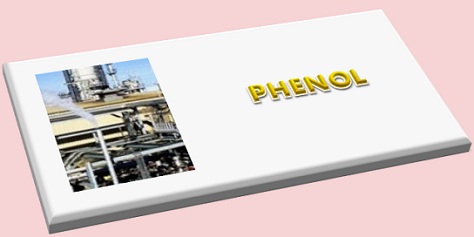
-Bic Launches Recycling Program
Consumers Can Now Recycle Stationery Products and Packaging Nationwide Through TerraCycle.
BIC, a world leader in stationery, lighters and shavers, has partnered with international recycling leader TerraCycle® to offer consumers a free and easy way to recycle their fully-used pens, mechanical pencils, markers and other stationery products and parts of packaging nationwide. Petrochemicals Biobased Enzymes
As an added incentive, for every shipment of used stationery products collected and sent to TerraCycle through this program, collectors earn points that can be donated to a school or charitable organization of their choice.

-Europe PE margins drop week on week on higher feedstock costs
European plants producing polyethylene (PE) have seen their margins fall week on week due to higher feedstock costs, ICIS margin analysis showed on Tuesday.
In the week to 8 May:
– Naphtha values rose by more than 32%
– LPG values increased by 13%
High density polyethylene (HDPE) contract margins fell by more than 19%, co-product credits rose slightly Petrochemicals Biobased Enzymes
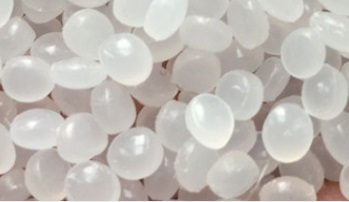
-Europe naphtha prices rebound on Asia demand pull, crude but glut looms large
European naphtha spot prices have revived from April lows on the back of improving crude oil futures, falling refinery run rates, certain demand pull from Asia, and feedstock economics favouring consumption rates at crackers.
However, price downward pressure persists as deals are being concluded at double-digit discounts for early June deliveries amid ongoing supply glut and limited demand.
That pressure was felt on Monday, with spot prices closing at $208/tonne CIF (cost, insurance, freight) NWE (northwest Europe) for H1 June deliveries, down from last week’s close at $214-215/tonne CIF NWE. Petrochemicals Biobased Enzymes
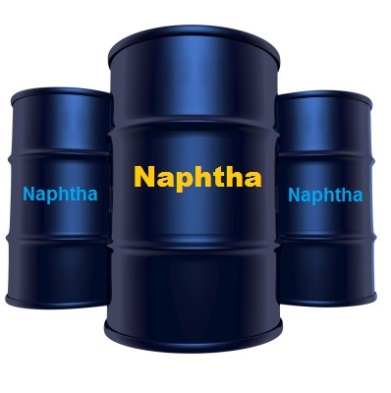
-US textile and apparel import demand plunged
COVID-19 pandemic is still severe.
The United States has become the hardest hit and global economic activities have been greatly affected.
The latest data show that US textile and apparel imports reached 4.19 billion square meters in Mar, down by 12.6% year-on-year; the volume from China was 940 million square meters, down by 38.7% year-on-year. Petrochemicals Biobased Enzymes

-Industry welcomes EU court’s biomass ruling
Industry association Bioenergy Europe today said the European Court of Justice’s (ECJ) dismissal of a 2019 case filed against forest biomass has cleared doubts over the future of biomass as the EU’s largest renewable energy source. Petrochemicals Biobased Enzymes
The sustainability framework under the 2018 renewables directive is once again acknowledged as a solid approach, Bioenergy Europe said.
The ECJ dismissed as inadmissible a case brought in March 2019 by environmental and wildlife campaigners in Estonia, France, Ireland, Romania, Slovakia and the US. The campaigners had requested that the ECJ declare void those provisions of the 2018 renewables directive that allow forest biomass energy to count towards the EU’s 2030 renewable goal as well as be eligible for financial support.
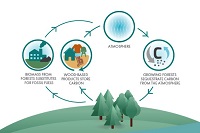
-LOW-COST TECHNIQUES FOR NOX REDUCTION
An understanding of the available NOx-reduction strategies will help engineers to select the best technique to improve the performance of their combustion processes
Pollution due to oxides of nitrogen — frequently abbreviated as NOx — is regulated with varying degrees of severity in different localities. Petrochemicals Biobased Enzymes
NOx regulations are regional for good reason: NOx and hydrocarbons react in a complex way to produce smog, and smog formation is greatly affected by topological and meteorological conditions. NOx reduction to very low levels carries economic impact, and balancing environmental and economic requirements has been a mainstay of air quality legislation since its inception. There are many inexpensive and historically validated NOx-reduction techniques that can cut NOx in half, as dicsussed in this article.
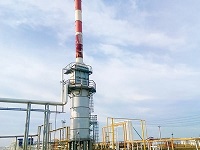
–INOVYN plays role in ambitious ‘Power to Methanol’ project in Antwerp
Methanol is an essential multi-purpose raw material for the chemical industry, with many applications in wider industry. Currently, methanol is produced using fossil based raw materials, which emits carbon dioxide from the process.
The new ‘Power to Methanol’ project in Antwerp, being announced today, would produce methanol from captured CO2 combined with hydrogen generated from renewable electricity. Petrochemicals Biobased Enzymes
A planned industrial-scale demonstration unit would produce 8,000tpa of sustainable methanol and would save at least 8,000tpa of CO2 emissions every year.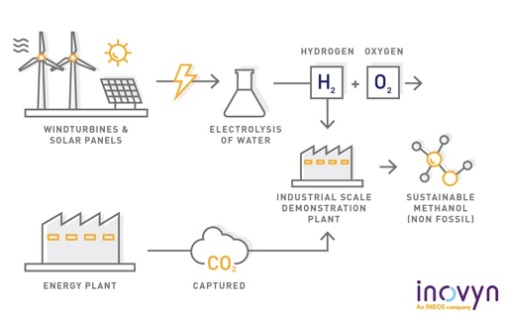
-China’s PSF imports from Southeast Asia and Africa
Recycled PSF market steps into stagnant situation again recently. The feedstock supply remains not large, and recycled PSF prices are hard to move up, with unfavorable sales. Let’s see the imports.
HS code 55032000 is synthetic staple fibers, of polyesters, not carded, including virgin PSF and recycled PSF. And the imports from Southeast Asia and African are mainly the recycled PSF. Petrochemicals Biobased Enzymes
China began to import PSF from Burma in 2017, and the volumes were not large overall. In 2019, one HC re-PSF production line in Hangzhou of Zhejiang province relocates to Burma.
Imports from Vietnam soared in 2018. In 2017, the import volumes were only several hundred tons, but with the import ban on solid waste, plants gradually transferred to overseas markets, and Vietnam has solid re-PSF plants. In 2018, imports from Vietnam surged to 13,113 tons, and the volumes reached 19,196 tons in2019.
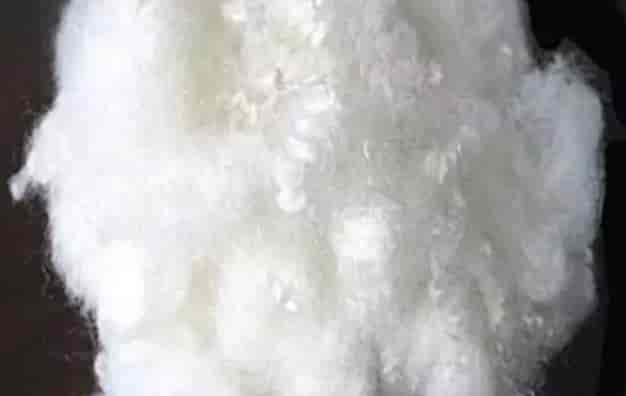
-DuPont Teijin Films introduces flame retardant clear polyester film
DuPont Teijin Films is introducing clear flame retardant PET polyester films to help product designers achieve improved safety in the industrial, transportation, construction, electronics and label industries. Petrochemicals Biobased Enzymes
Now commercially available from DuPont, the Melinex FR32x PET films have achieved UL’s VTM-0 flame rating classification, in accordance with ANSI / UL 94 and they are halogen-free.
“We’re excited to announce this key addition to our expanding portfolio of differentiated PET film offerings,” said Scott Gordon, business development manager, DuPont Teijin Films.
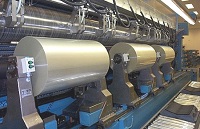
Petrochemicals Biobased Enzymes
